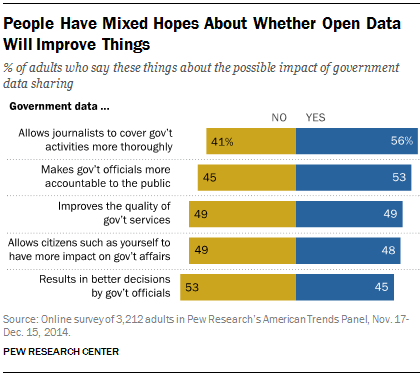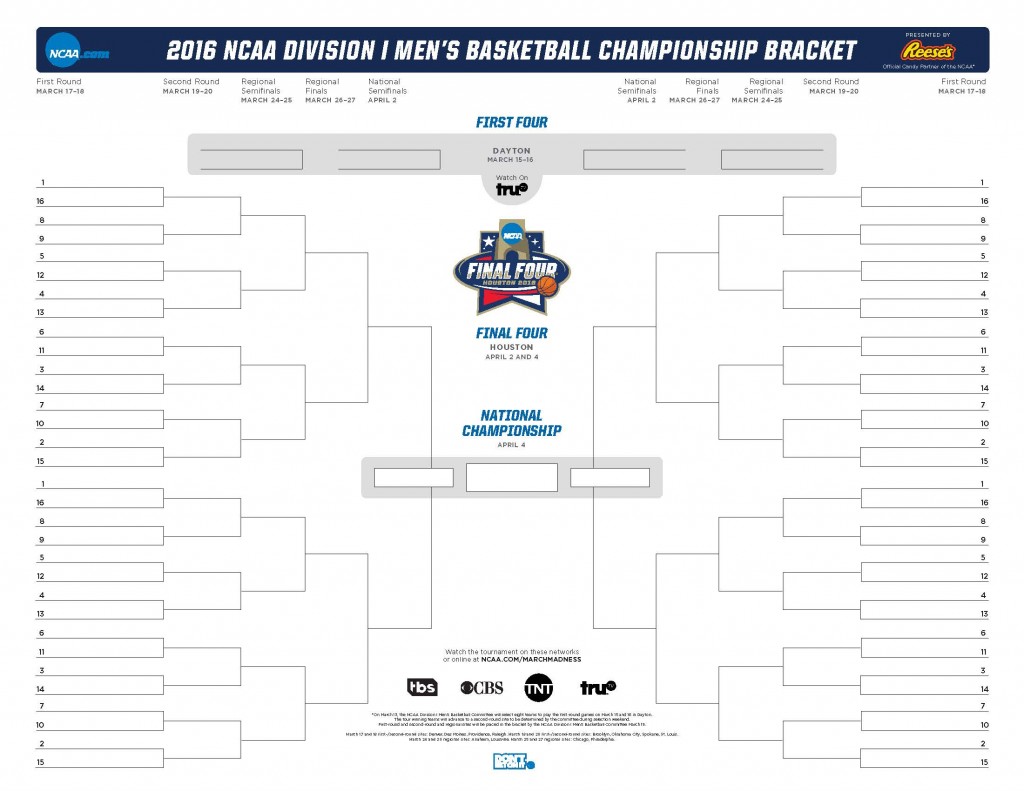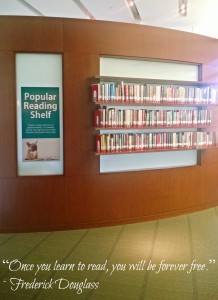Open data is a national resource!
It fuels innovation and scientific discovery. The Project Open Data dashboard reports progress with data compliance by US federal agencies. Open Data: Empowering Americans to Make Data-Driven Decisions (Kristen Honey, Feb 5, 2016) details uses of this open data, from college costs, fair housing in communities and health care choices.

Is all of this data making us smarter? It could be!
On March 21, we saw this headline. NBC’s Meet The Press Will No Longer Allow Trump To Phone In. The phone interviews that Presidential candidate Donald Trump has been granted are seen as unfair. Are they?
Take a look at this site – Candidate Tracker. This is a visualization of more than 100 American television stations and monitors coverage of candidates. Candidate Tracker counts how many times each candidate is mentioned on television daily.
Candidate Tracker is project based on data mining from the Internet Archive. This article details projects and methods and lays the groundwork for models using digitized content – including ASCII text of close captioning. Reimagining Libraries In The Digital Era: Lessons From Data Mining The Internet Archive by Kalev Leetaru, Mar. 19, 2016.
You compare the coverage. Did NBC make the right decision?
— Kimberly Hoffman







 Sing along with me…the tools, they are a-changin’! Information management is a skill every researcher should practice. To be proficient at research, it helps to use digital tools.
Sing along with me…the tools, they are a-changin’! Information management is a skill every researcher should practice. To be proficient at research, it helps to use digital tools.